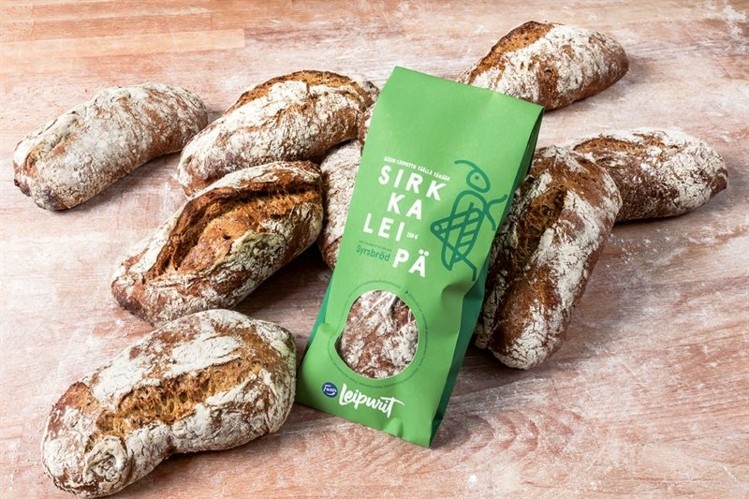Insects are emerging as a viable food ingredient and should be in the minds of forward-thinking brands looking to establish a strong environmental image. Although there is still a ‘yuck factor’ to overcome, there is historical precedent for foods that were once considered ‘disgusting’ now becoming delicacies.
Overcoming the ‘yuck’ factor
Despite the strong ethical, green and health credentials of insects, there is still a psychological barrier to eating them in Western countries. Many consumers have long-held negative perceptions of insects and struggle to view them as food. In the UK, for example, just 11% of consumers are interested in trying food products made with insects, while 37% describe the idea as disgusting.
However, the idea of consumers changing their mind about what they consider edible is not unprecedented. Lobster, one of the most expensive food items today, was once considered ‘disgusting’ as well. Early American colonists used to refer to the now-delicacy as ‘cockroaches of the sea’ and feed them to prisoners.
Eating insects
Eating insects is a common practice in many parts of the world, with the United Nations estimating that nearly two billion people incorporate them into their diets globally. Insects have reportedly comparable nutritional profiles to meat but have less environmental impact as they require less water and feed to raise, and emit little greenhouse gas. These benefits are encouraging more Western governments to authorise the commercialisation of insects as food products, and spurring more retailers and food manufacturers to innovate using this novel protein source.
Fazer bakes with crickets in Finland
The Finnish food company Fazer has launched what it claims is the world’s first insect-based bread. It contains ground cricket flour alongside traditional wheat flour and seeds and is designed to give Finnish consumers an easy way to familiarise themselves with insect-based food. Fazer claims that the bread is both “delicious and nutritious”, offering a good source of protein, fatty acids, calcium, iron and vitamin B12. Fazer believes that Finnish consumers are “willing to try new things”, and that attitudes towards insects as a foodstuff are changing as “mankind needs new and sustainable forms of nutrition”.









































